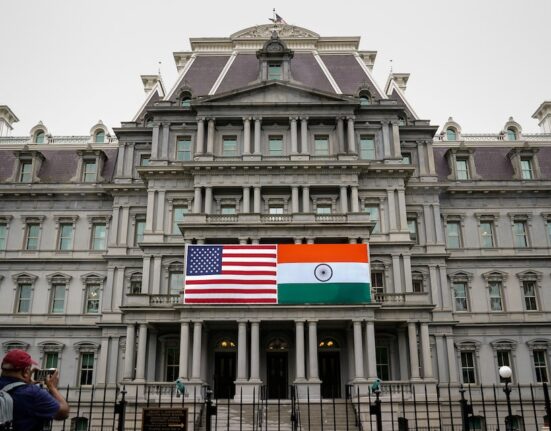Increases in extreme wildfire events across the globe have long been a cause for concern. The recent study by Cunningham et al. shed light on what seemed to be a worrying trend of escalating fire intensity from 2003 to 2023. However, further examination reveals a more nuanced story behind these catastrophic blazes.
At first glance, Cunningham et al.’s analysis appeared to show a concerning uptick in both the frequency and intensity of severe wildfires worldwide. Their use of fire radiative power (FRP) as a metric seemed to support this alarming narrative. Still, delving deeper into the data uncovered significant flaws in this assessment.
Schütze and Resco de Dios, experts in fire ecology, reevaluated the findings and expressed reservations about using FRP as a reliable indicator of fire intensity. They pointed out that the observed increase might not necessarily reflect heightened intensity but could instead signify larger or simultaneous fires occurring.
In their revised analysis, Schütze and Resco de Dios highlighted how controlling for active fire detections can offer a more accurate understanding of changes in wildfire behavior over time. Contrary to initial impressions, it appears that the intensity of the most extreme wildfire events may have actually decreased rather than risen as previously assumed.
Schütze remarked on this discrepancy, saying:
“Evidence for increases in global wildfire intensity remains elusive.”
This statement underscores the complexity inherent in studying wildfires and emphasizes the importance of interpreting data accurately to grasp the true nature of these phenomena.
The study’s implications go beyond dispelling misconceptions about rising wildfire intensity. It underscores the need for robust methodologies when analyzing environmental hazards like wildfires. By refining our approach to assessing these events, we can develop more effective strategies for managing and mitigating their impact on ecosystems and communities.
With climate change amplifying wildfire risks globally, understanding the dynamics driving these extreme events is paramount. Experts like Schütze and Resco de Dios play a crucial role in unraveling these complexities and guiding policymakers towards evidence-based solutions for tackling wildfires proactively.
As we navigate an era where wildfires pose increasing threats to our environment and livelihoods, studies like this serve as beacons illuminating our path towards better preparedness and resilience against nature’s fiery fury.









Leave feedback about this